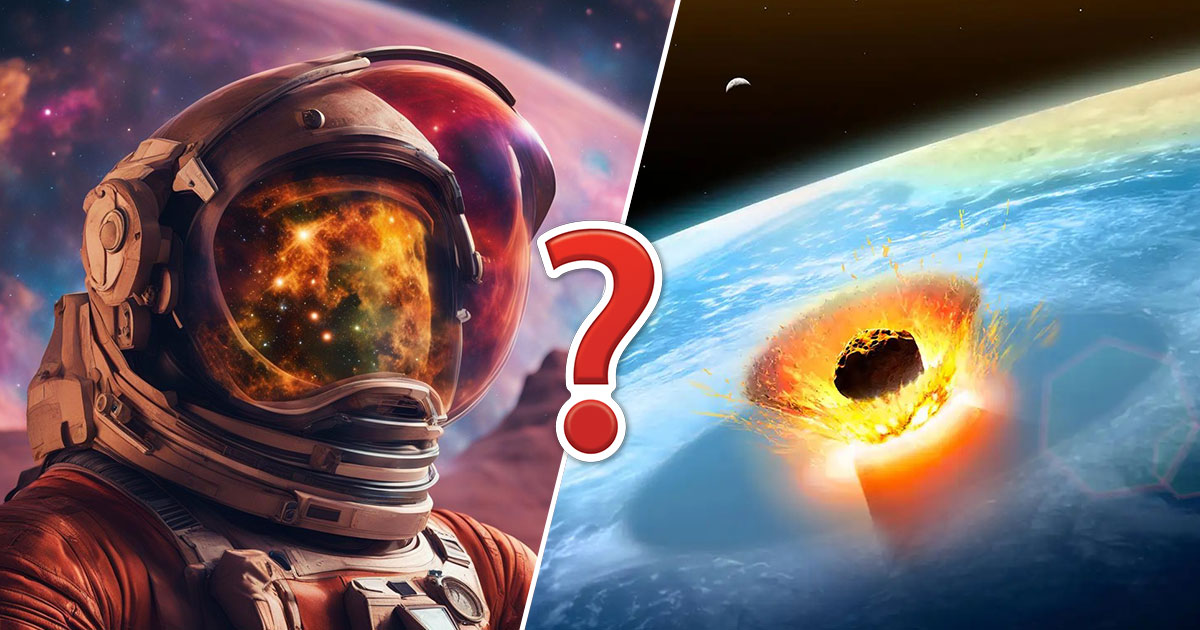
Greetings, fellow Earthlings! Prepare to embark on a cosmic journey that will separate the space cadets from the starry-eyed dreamers. Get ready to flex those cranial muscles, because this is not just any space quiz - oh no! We're talking about a truly hard space quiz. You heard it right, folks. This quiz is so tough, it'll make even NASA scientists question their life choices. So, if you're up for a challenge that's harder than finding a black hole in a haystack, then you've come to the right place!
Trust me, this quiz isn't just hard; it's harder than trying to explain why Pluto got demoted from planet status. We're diving into the depths of the cosmos, exploring the mysteries of the universe, and testing your knowledge on everything from galaxies to gravitational waves. It's a mind-boggling adventure that will leave you questioning your place in the vast expanse of space.
So, why should you bother taking this hard space quiz? Well, not only will this quiz test your knowledge of all things extraterrestrial, but you'll earn some serious bragging rights if you ace it and successfully prove that you're more than just a mere mortal. Only the most intrepid explorers of the cosmos dare to take on this challenge. Think you've got what it takes? Strap on your astronaut helmet, grab your trusty telescope, and get ready to launch into a world of celestial wonders.
So, buckle up, stargazers, because this hard space quiz is about to take you on a wild ride through the cosmos. Get ready to challenge your brain and discover just how much you really know about the final frontier. Remember, only the biggest, and I mean biggest, brains in the universe can pass this space quiz. Are you ready to join their ranks? Let's find out!
Enjoy Quizly? Upgrade to Premium for an ad-free experience and exclusive features.
Get PremiumHard Space Quiz Questions
What is the name of the largest known impact crater on Earth, located in Mexico?
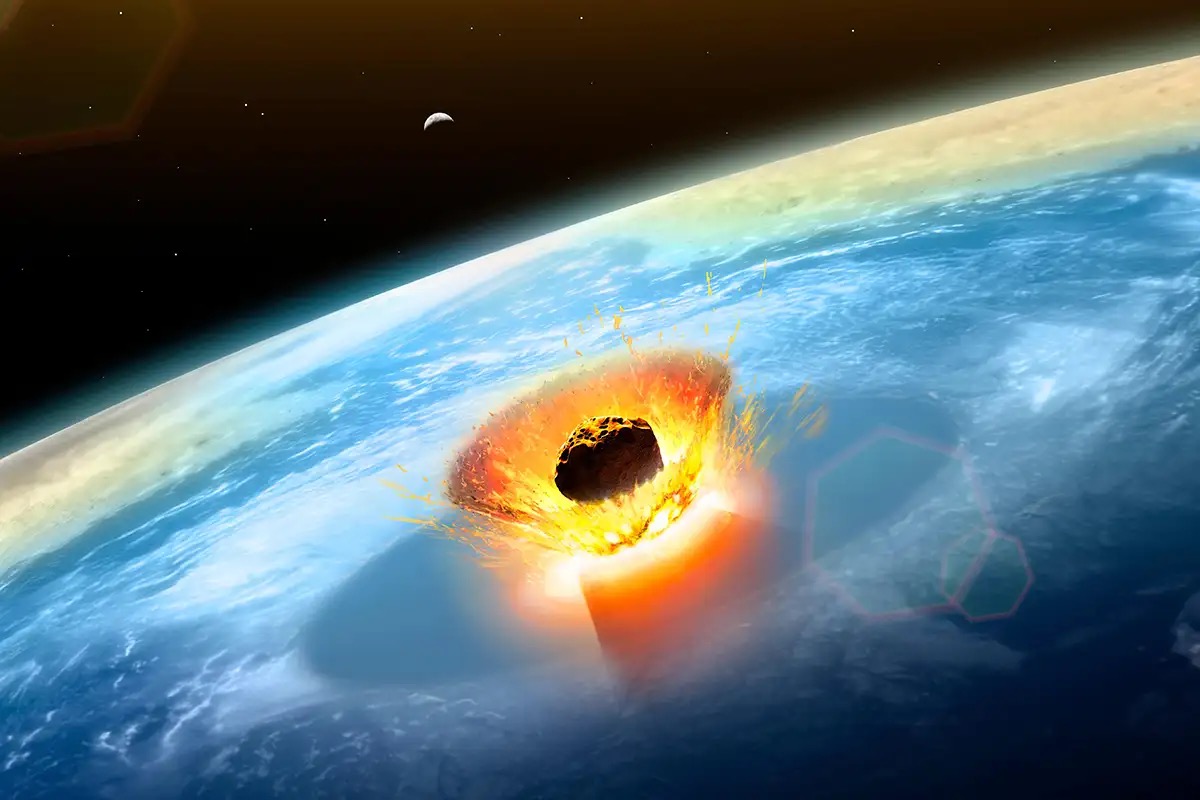
Chicxulub crater
Barringer crater (Meteor Crater)
Sudbury Basin
Vredefort crater
What kind of energy captures, converts and utilizes heat from the Sun?

Sonic energy
Solar energy
Kinetic energy
Nuclear energy
What is the name of the phenomenon when a star collapses under gravity, leading to a massive explosion?
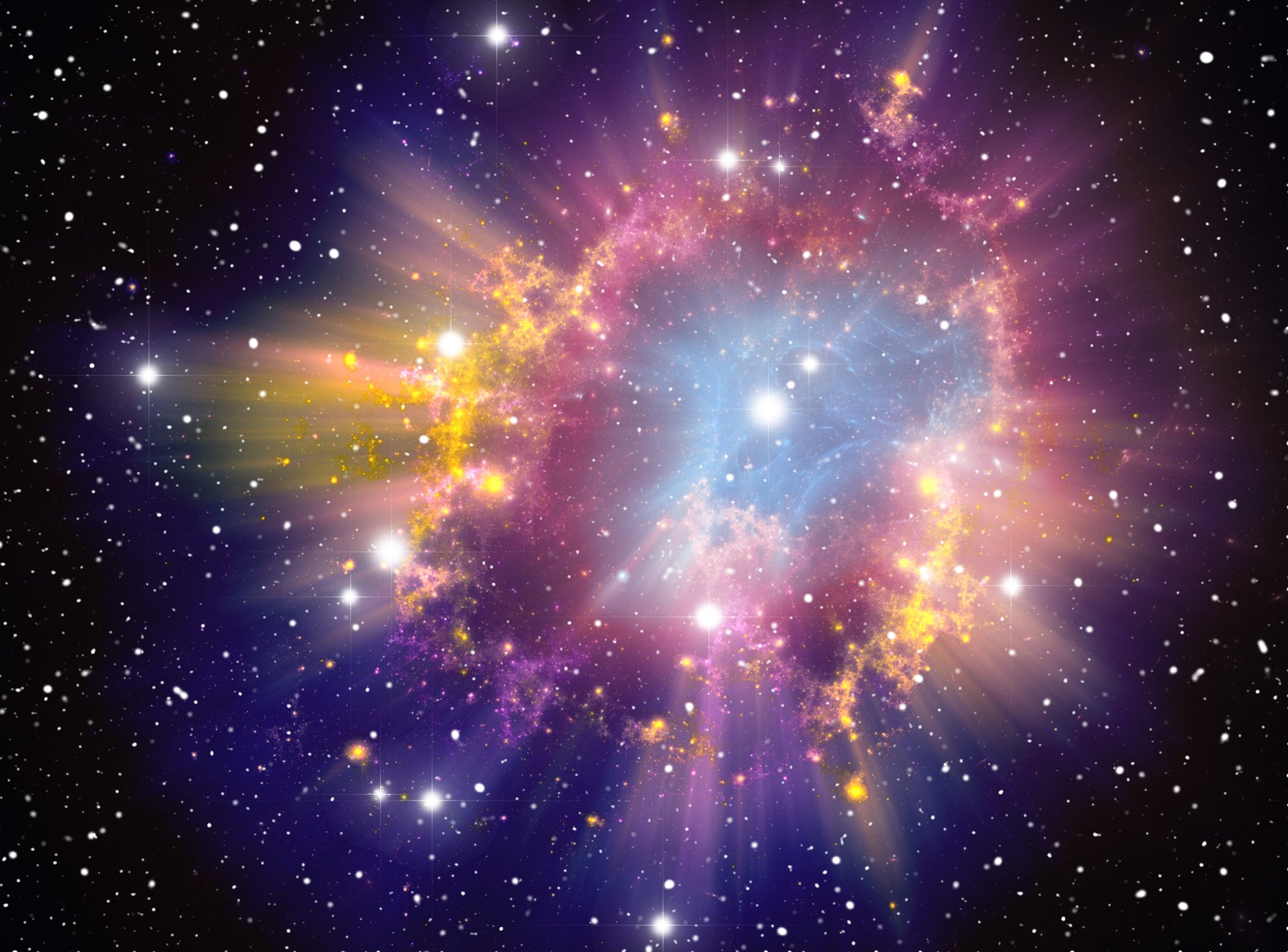
Quasar
Black hole
Supernova
Nebula
Is the Sun actually yellow in color?

No
Yes
Which famous space mission successfully landed humans on the moon for the first time in 1969?
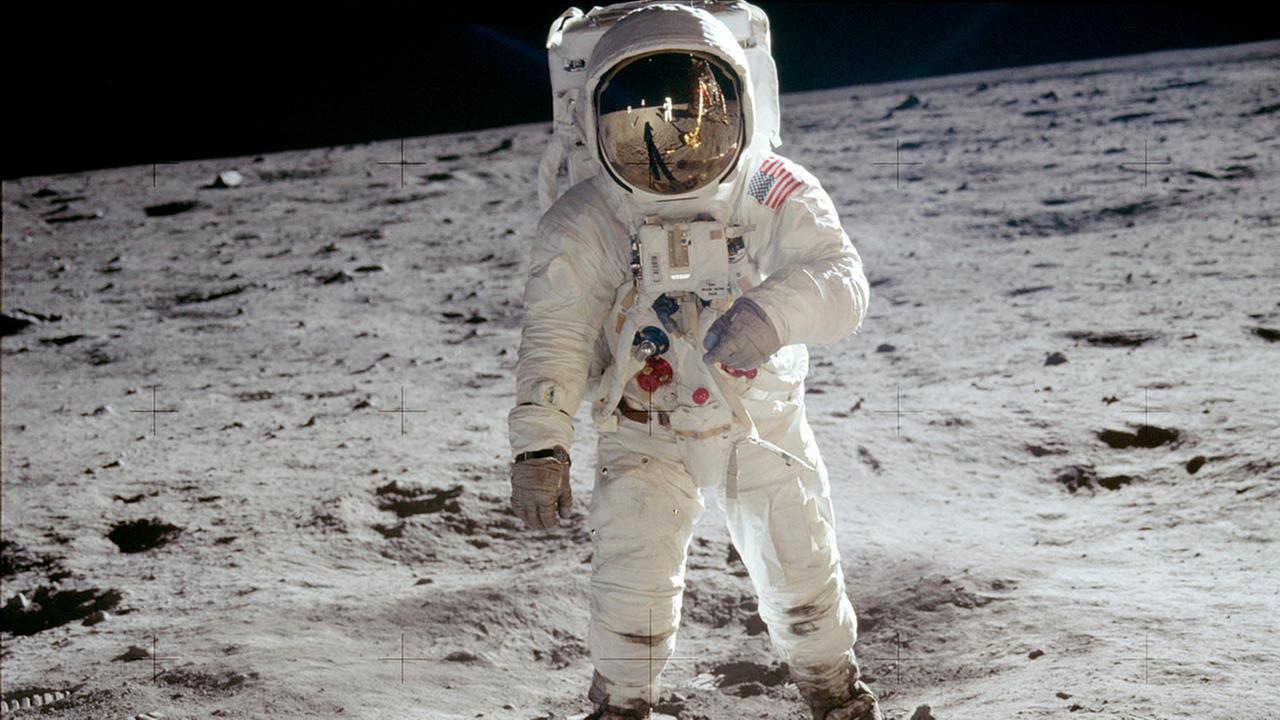
Mars Pathfinder
Apollo 11
Apollo 14
Apollo 13
The Earth is both spinning on its axis and orbiting the Sun at the same time. How long does it take for Earth to orbit the Sun?
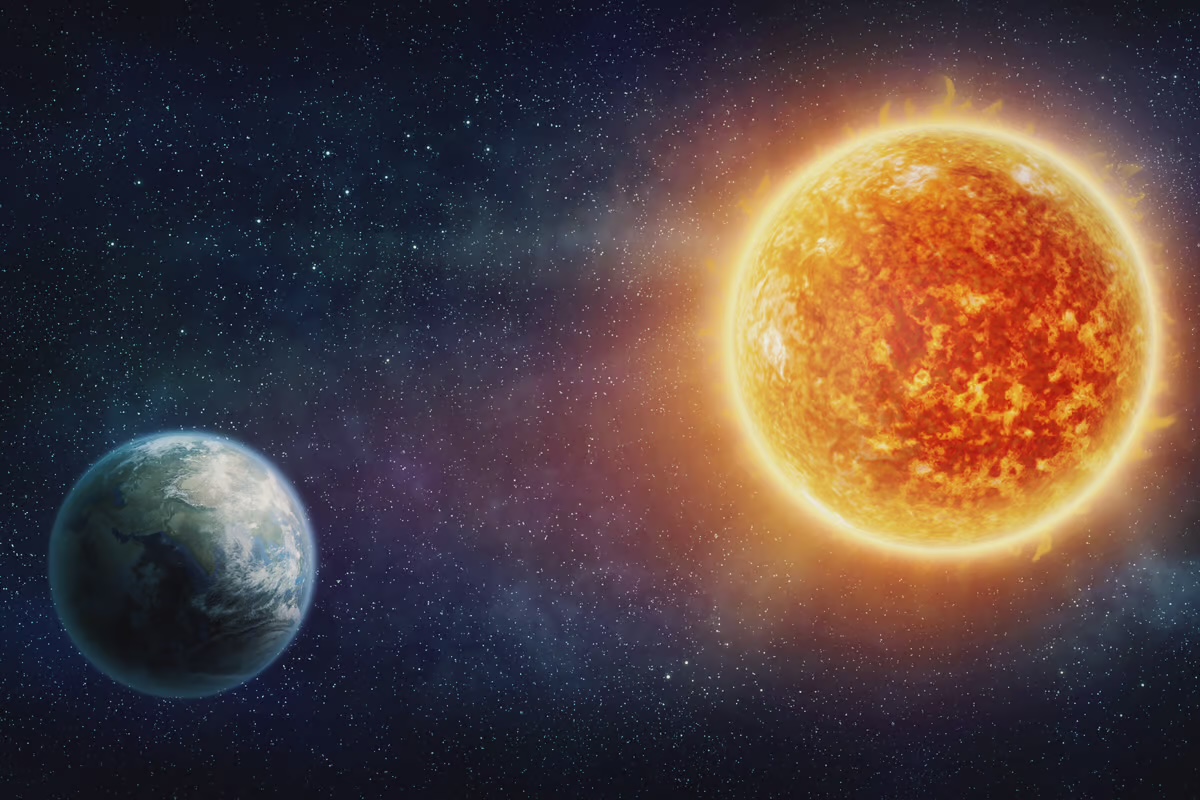
1 day
1 year
1 month
1 week
True or false: The moon's mass is just 50 percent of the mass of Earth.

True
False
Which celestial object is commonly known as a shooting star?
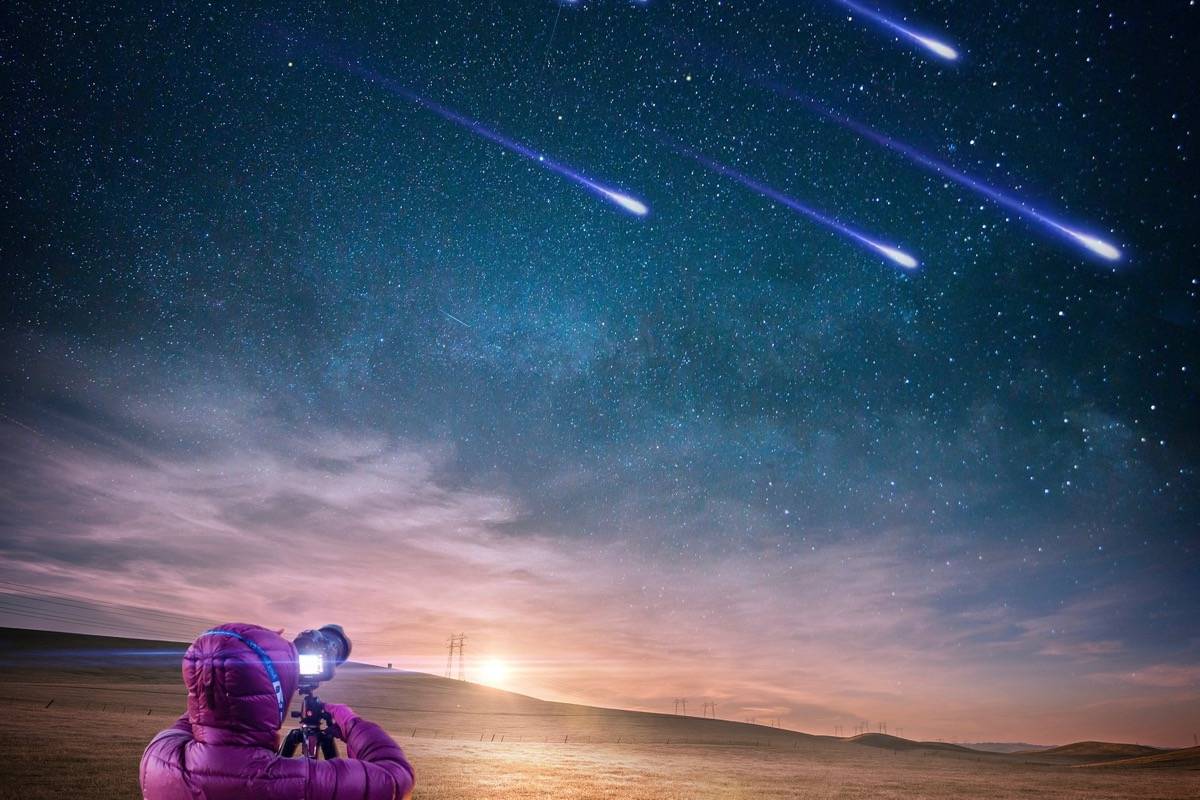
Meteor
Gamma-ray burst
Cosmic dust
Solar flare
What is the axial tilt of the Earth?

12.7 degrees
17.5 degrees
23.5 degrees
24.5 degrees
Here's the halfway point of the quiz! What layer of the atmosphere are you in now?
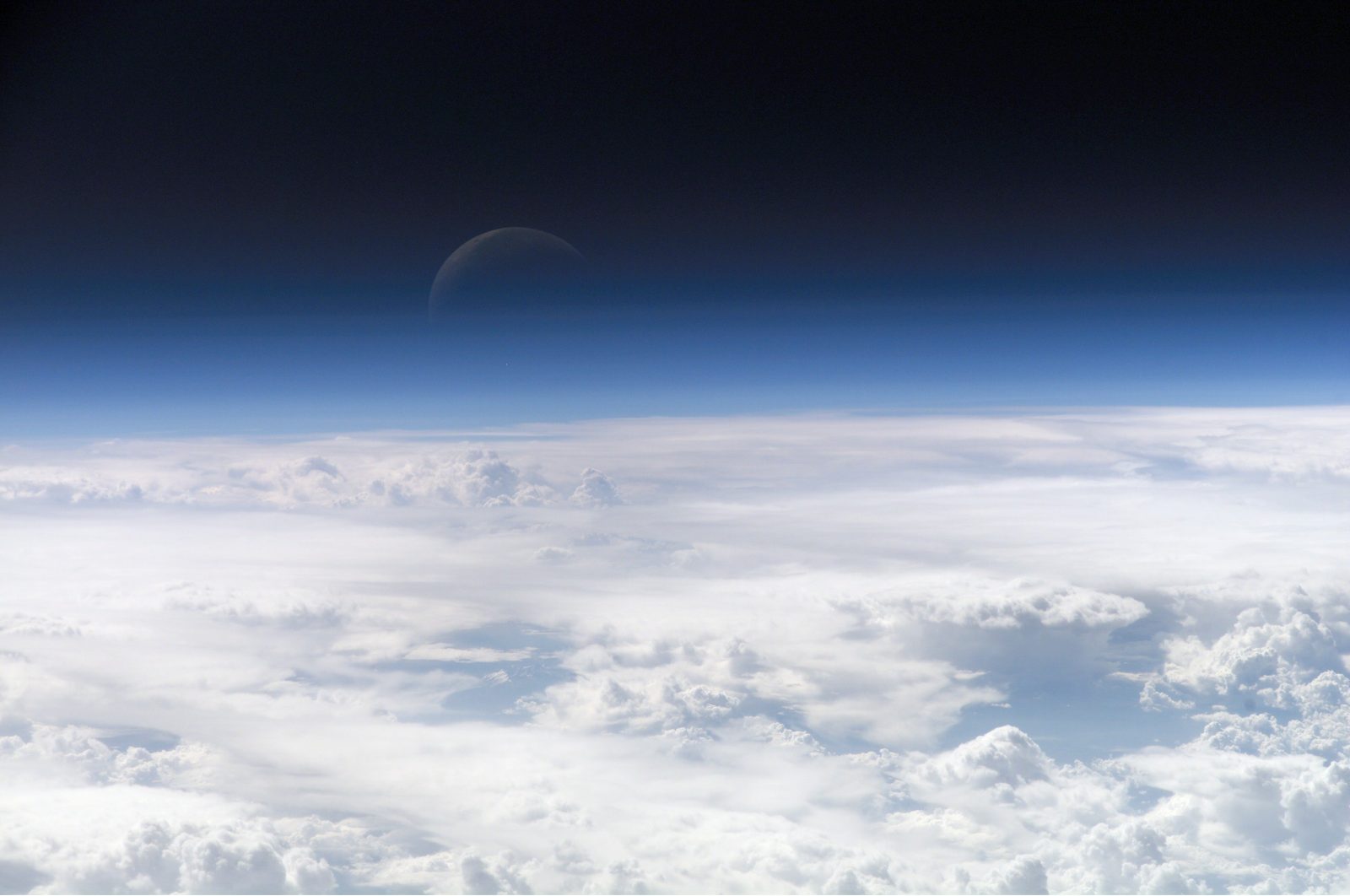
Mesosphere
Stratosphere
Thermosphere
Troposphere
Where is the Sea of Tranquility located?

Moon
Saturn
Mars
Jupiter
What is the rigid outer section of Earth called?

Atmosphere
Stratosphere
Heliosphere
Lithosphere
There are quadrillions of stars in the universe. What is Earth's nearest star?
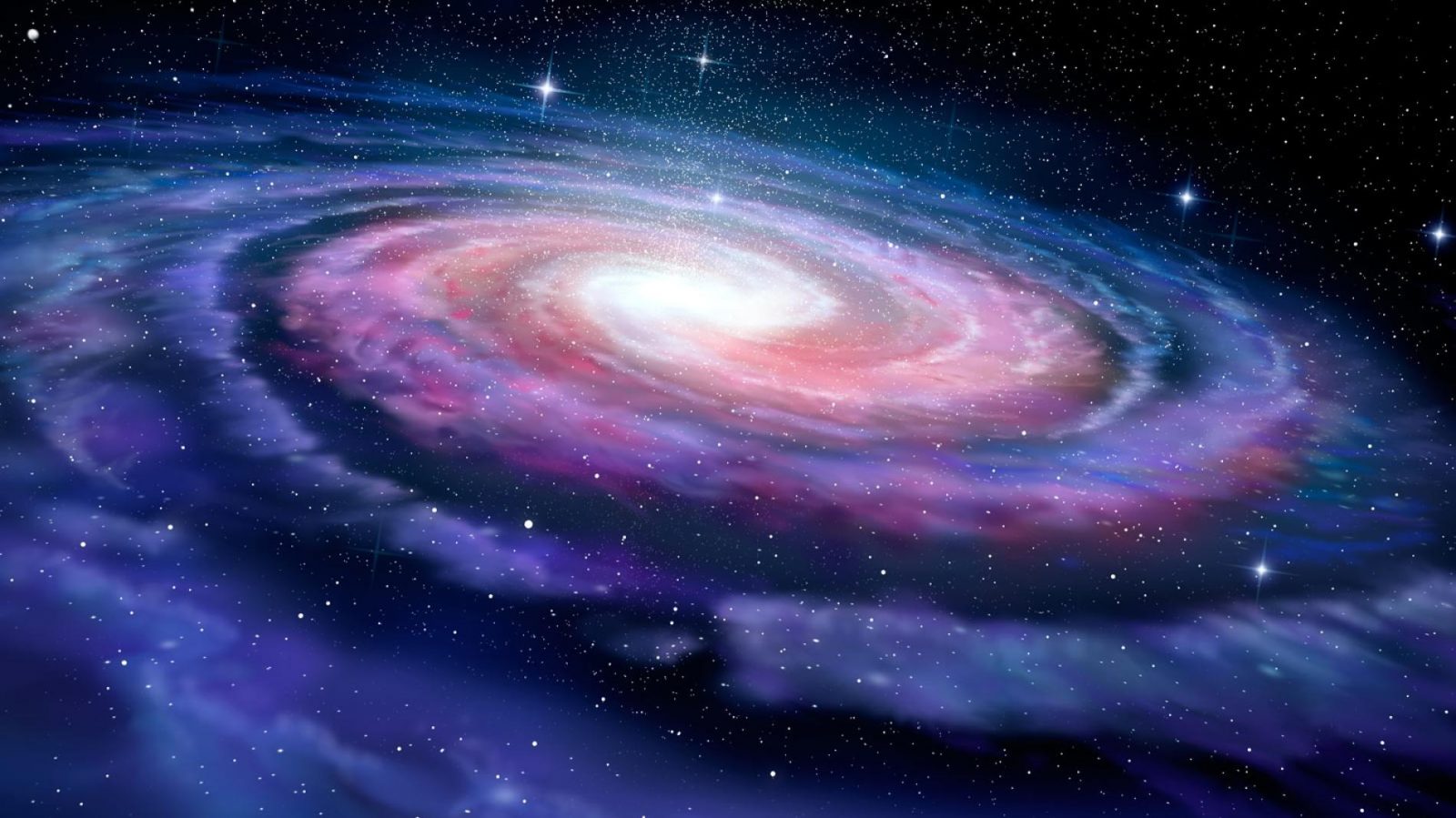
Polaris
Sirius
Sun
Betelgeuse
Which planet in the Solar System has a moon named Oberon?

Jupiter
Uranus
Neptune
Mercury
Which planet has the highest average surface temperature in our solar system, despite not being the closest to the Sun?
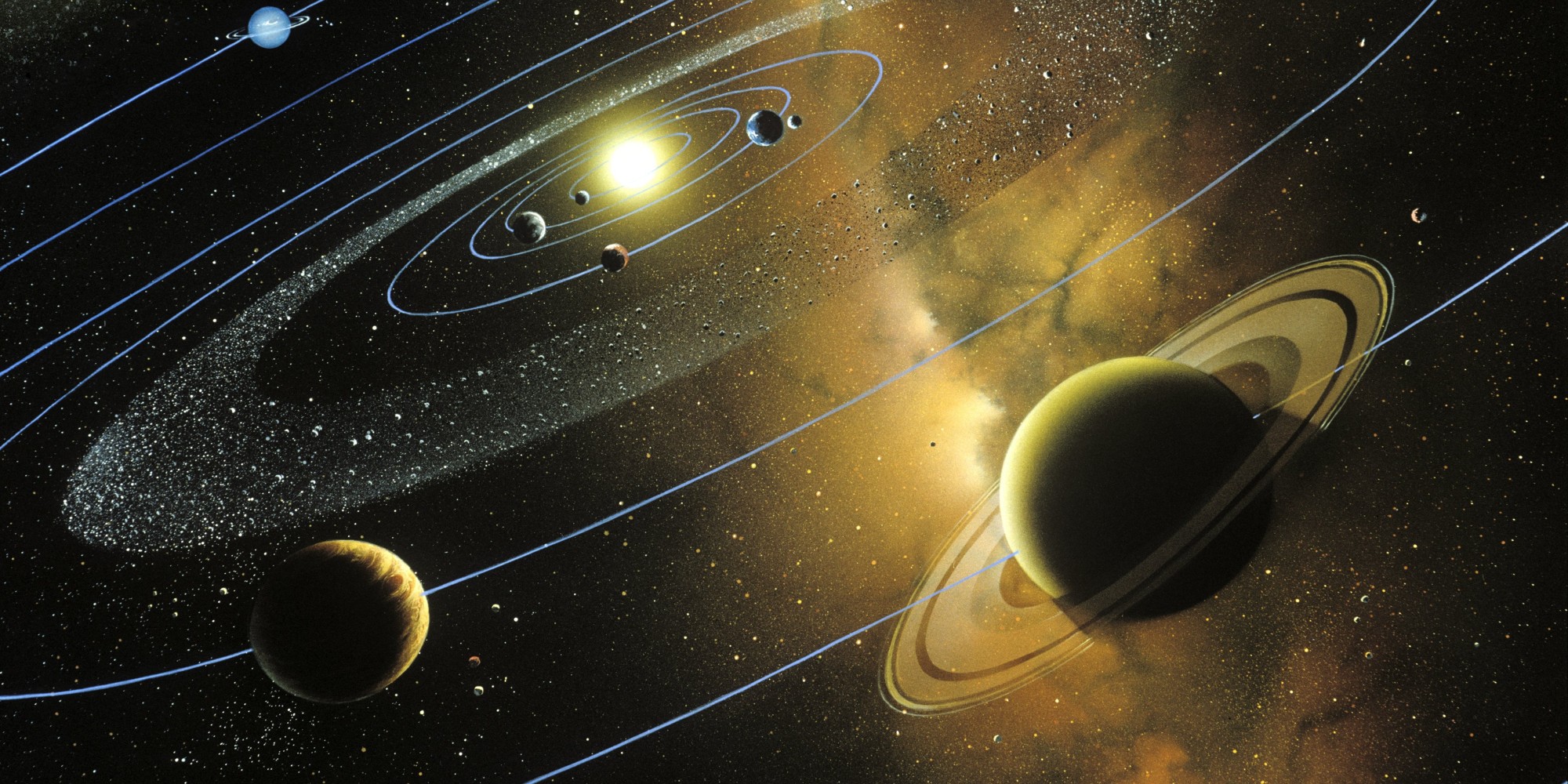
Asgard
Saturn
Uranus
Venus
You're nearing the end! Which Russian dog was the first animal to orbit the Earth aboard the Sputnik 2 in 1957?

Vladimir
Laika
Oleg
Albina
You're just one step away from completing the quiz! What is the name of the farthest known region of our solar system, a vast collection of icy bodies?
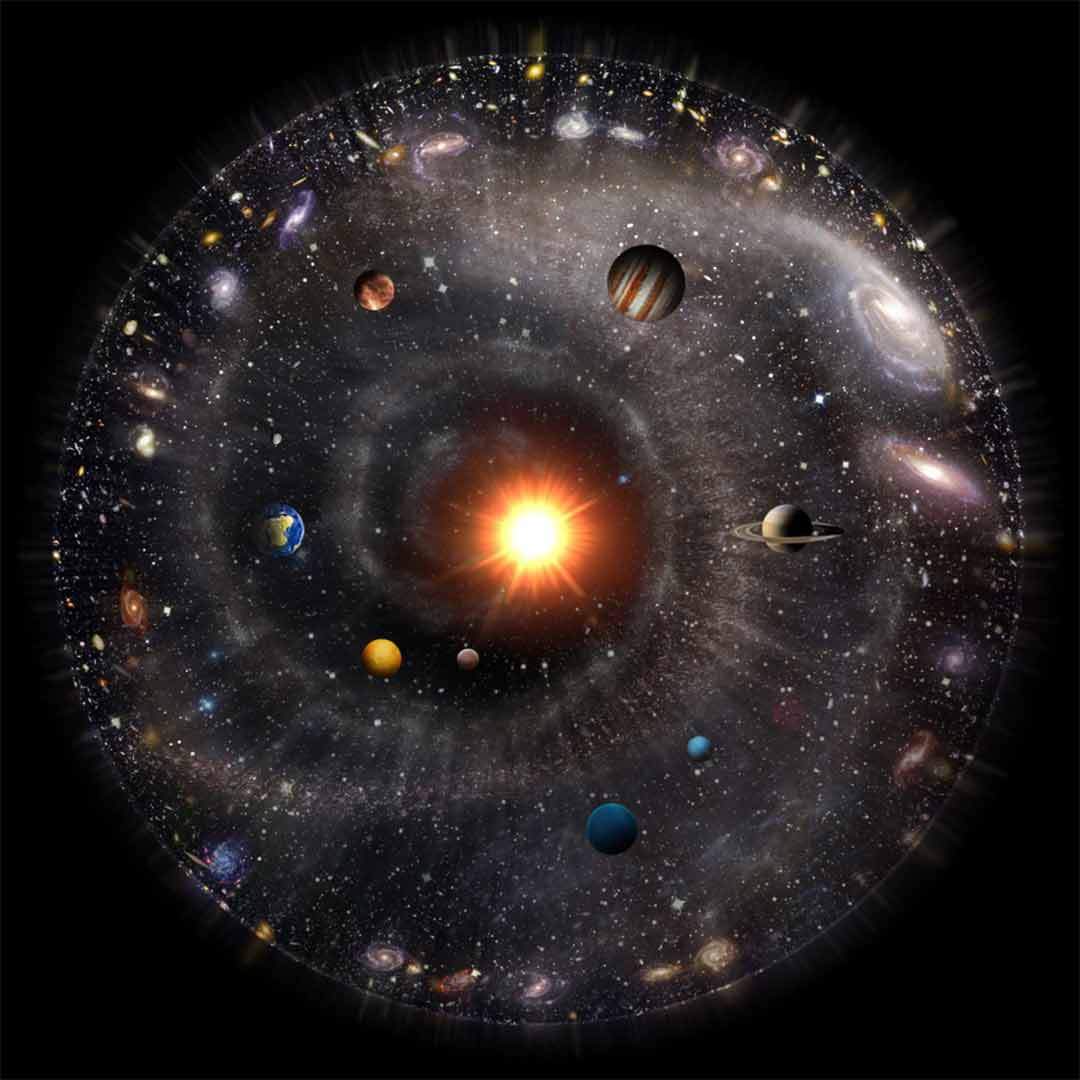
Asteroid Belt
Kuiper Belt
Scattered Disk
Oort Cloud
Last but not least, when the Earth is directly between the Sun and the Moon, what kind of eclipse occurs?
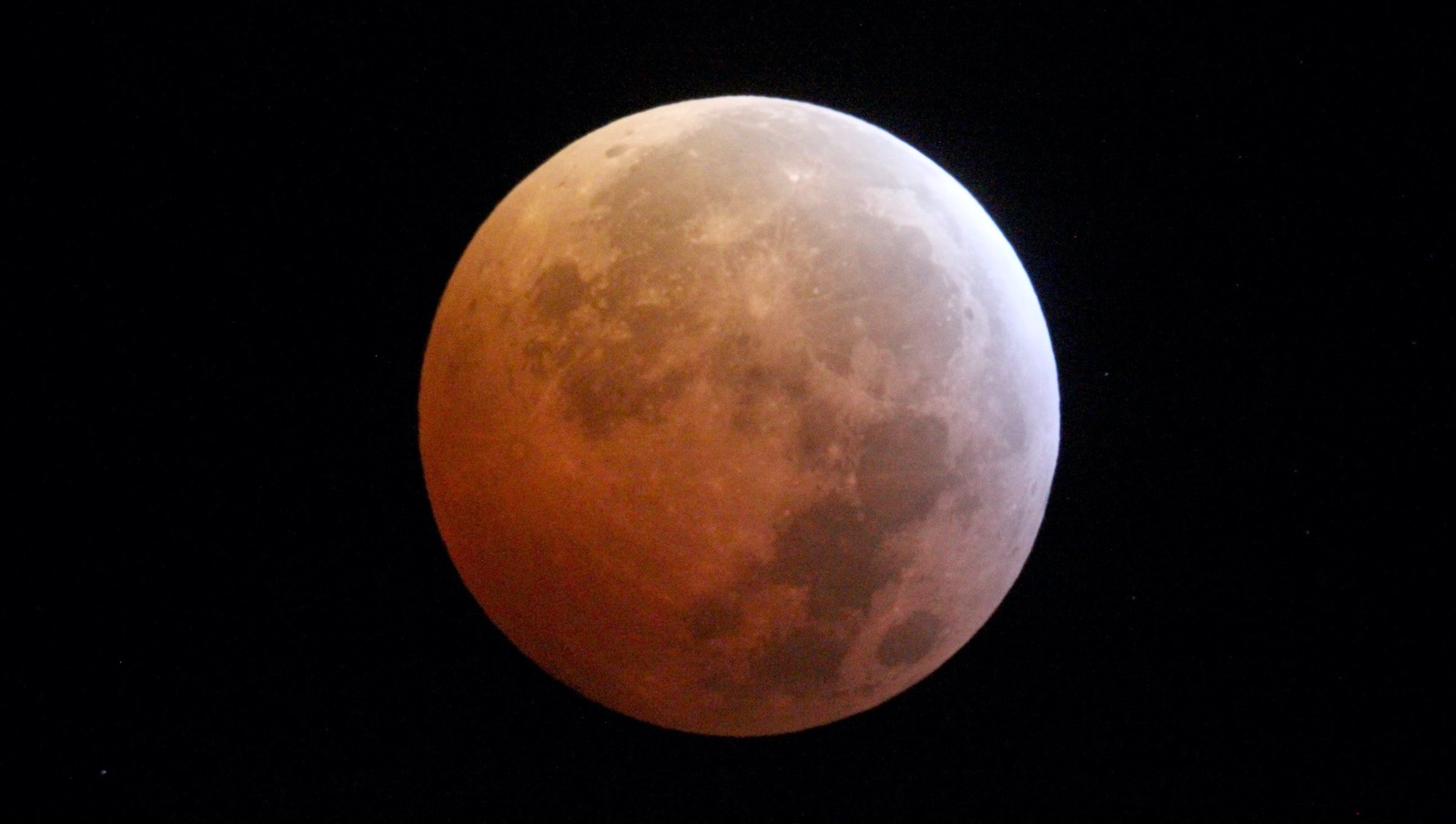
Solar
Inferior conjunction
Lunar
Transit

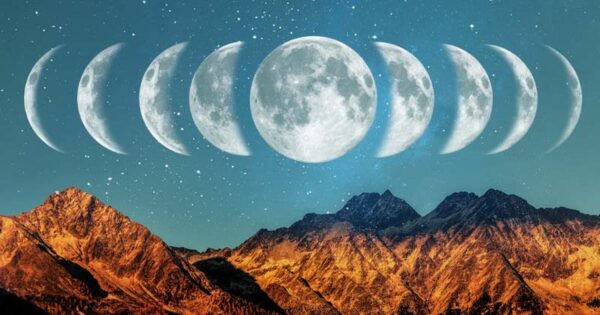

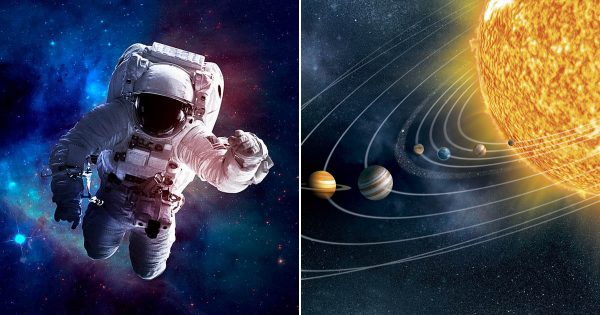
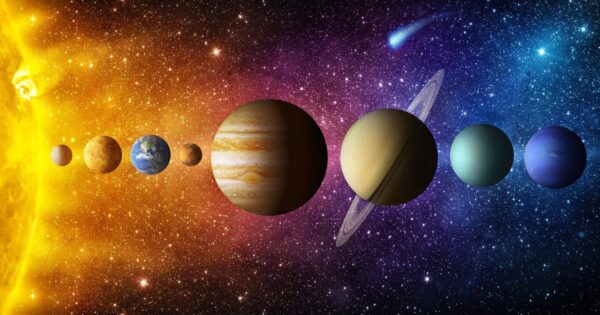
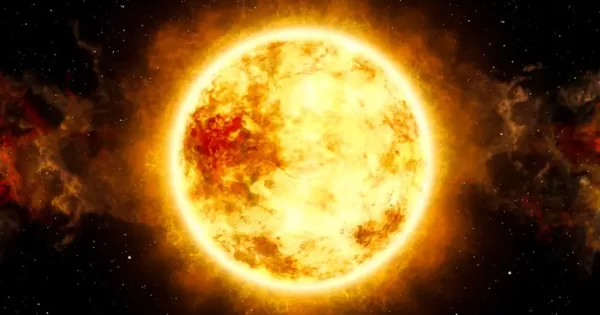

2 Comments
18/18 great!!!
16/18-_-